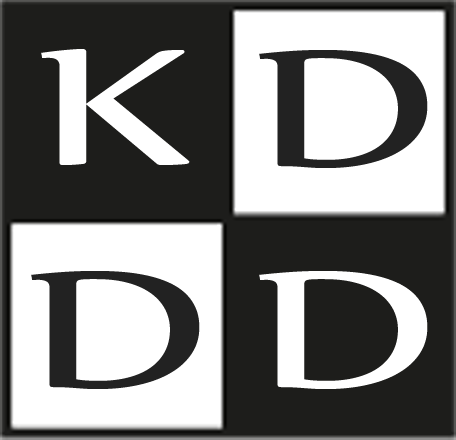Taking effect since 1st February 2013 by the History and History Didactics Department at the Faculty of Education, Charles University there has been established, theCentre for New History of Schooling and Education
Department staff members:
the head: prof. Jiří Pokorný, CSc.
the deputy: PhDr. Jiří Hnilica, PhD.
other members: doc. Jana Kepartová, CSc., PhDr. Hana Havlůjová, PhD., PhDr. Jitka Bílková
The Centre for New History of Schooling and Education is focused on providing organization framework not only for scientists and students of the History and History Didactics Department of the Faculty of Education of Charles University, but it is also defined as a summary organization joining various scholars and public interested coming from various educational, researching and memory institutions who are dealing with the History of Science, the History of Pedagogy (e. g. National Pedagogical Museum and Library of J. A. Comenius, Museum of J.A. Comenius in Přerov, Faculty of Arts of Charles University, University in Pardubice, departments of the Academy of Sciences of the Czech Republic etc.)
The Centre is going to interconnect the knowledge of social, cultural and political history. The Centre is supposed to become a platform for meeting institutions and individuals with one another, the place for information exchange and mediating contacts, it is also going to become a research centre capable of getting involved in European and possibly world-wide structures. Last but not least the Centre is supposed to meet its tasks to facilitate the further researches (bibliographies, publishing activities). Its long-term plan is publishing of editorial series The Sources to the History of Schooling and Education (Prameny k dějinám školství a vzdělanosti).
The Centre is also aimed at the coordination of dealing with bachelor theses, diploma theses, and doctoral theses.
From the research point of view, the activity of the Centre will be focused on the issues of Schooling and Education as a vital and also key area for the modernization of the society. It is also a significant area for creating and supporting the national identity, professionalization and cultivation of the society, even for shaping of political consciousness. The Centre is also going to concentrate on the issues of integration of the education and its protagonists – teachers, pupils, students – into the context of society-wide development of the (central) Europe.
Primarily, the Centre will be focused on these areas of research:
Teachers of all levels of the school system. Teachers will be dealt as a professional group; this approach is inspired by the methods of social sciences, gender studies, prosopography, and biographies of important individuals. A teacher is seen as an important factor for shaping and forming a modern nation, as an educative and cultural factor, and also as a significant representative of local elites. A particular interest is dedicated to the specific representatives of the school life: the headmaster, an inspector, and the caretaker. The focus will be also aimed at the interest and professional association and the associations of teachers themselves.
Students are another focus of the Centre. In the relationship between a teacher and a pupil / student the Centre will focus its attention not only on the educational methods, but also on school rituals e.g. the welcome ceremony of the pupils coming to the first class of the elementary school, “the last ring” ceremony, school-leaving exam, the meeting of graduates. The attention will be also devoted to the everyday life of students (e.g. the issues connected with school canteens), and to the leisure time which the students and pupils spend out of school.
Educational institutions serve as another focus of the research. A school is not only a place of teaching and tuition; it is also the meeting point for political and cultural life at the regional and also countrywide basis. A school is a place of the memory of the local community, an important political factor, and also an encounter of national societies and political conceptions. Apart from usual institutional sources and ego-documents, the Centre will also consider textbooks, methodological texts etc.
As a focus, the education outside school will be operated with. Education which is taking place out of school – either in the form of personal self-education or certain public education – has played a key role in the process of the increase of qualifications, and also in the worldview orientation. The Centre will cover here the researches in educational associations and similar organizations; furthermore it will concentrate here also on libraries of all types – mostly teachers´, students´, and school libraries – then also on the children’s literature and the literature for teenagers and also magazines. The attention will be also aimed at the writers and readers of these texts, the adaptations and transformations of these.

